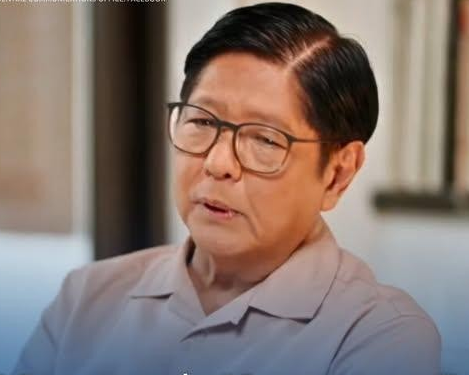
PRESIDENT Ferdinand R. Marcos Jr. underscored the need to establish solid cases against those involved in anomalous flood control projects, stressing that pursuing weak charges could backfire and undermine government efforts for accountability.
“Look, anong mangyayari: minadali natin, hindi kumpleto ang ebidensya natin, malabo ‘yung ebidensya natin pero pinilit natin, natalo ‘yung kaso. Can you imagine? I think that would be much, much, much, much worse,” President Marcos said in a video teaser aired on Sunday for the latest BBM Podcast interview.
President Marcos emphasized that while many of the individuals linked to questionable projects are “not innocent,” the government must ensure that cases filed in court are backed by strong evidence.
“We know many of these people are not innocent, but if you’re going to bring them to court, you must have a very strong case,” President Marcos said.
The Chief Executive warned that rushing cases with incomplete or weak evidence could result in dismissals that would embolden violators and damage the credibility of the government’s anti-corruption drive.
President Marcos reiterated that all government actions must remain within the bounds of the law.
“We have to follow the law. Otherwise, whatever we do is not legitimate. And we have to be very, very clear that we go after the guilty ones,” President Marcos emphasized.
On September 11, President Marcos created the Independent Commission for Infrastructure (ICI) which is currently investigating suspected anomalous Department of Public Works and Highways (DPWH) projects in different parts of the country.
The President initiated the call for accountability and transparency over corruption in infrastructure spending, including flood control projects.
In his fourth State of the Nation Address (SONA) on July 28, President Marcos called out those behind irregularities in flood control projects, saying, “Mahiya naman kayo sa inyong kapwa Pilipino.”
Following this pronouncement, the President launched the Sumbong sa Pangulo website to give citizens a direct channel to report substandard or non-existent infrastructure projects in their communities.


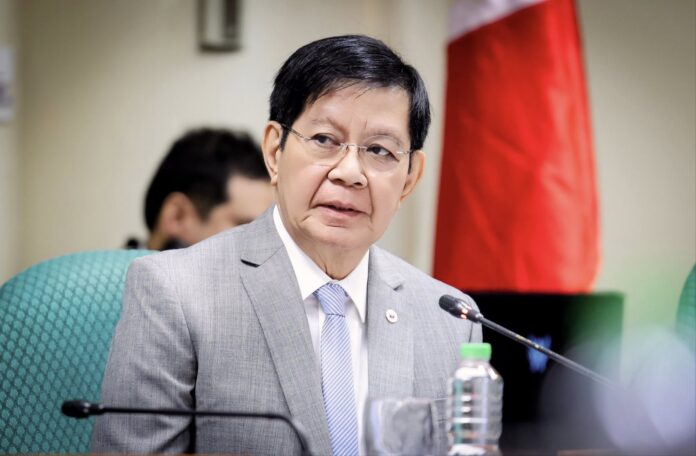 LACSON TO RESIGN AS SENATE BLUE RIBBON COMMITTEE CHAIRMAN
LACSON TO RESIGN AS SENATE BLUE RIBBON COMMITTEE CHAIRMAN 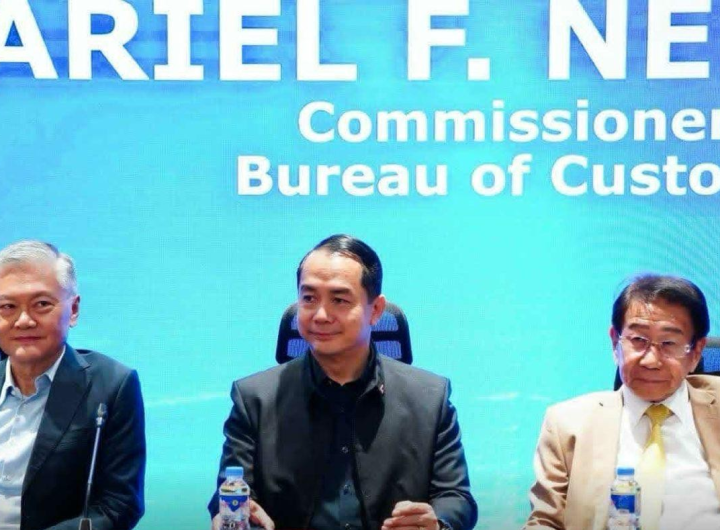 FIL-CHINESE BUSINESS FEDERATION SUPPORTS BOC FOR TAKING BOLD REFORMS TO ENSURE FAIR TRADE
FIL-CHINESE BUSINESS FEDERATION SUPPORTS BOC FOR TAKING BOLD REFORMS TO ENSURE FAIR TRADE 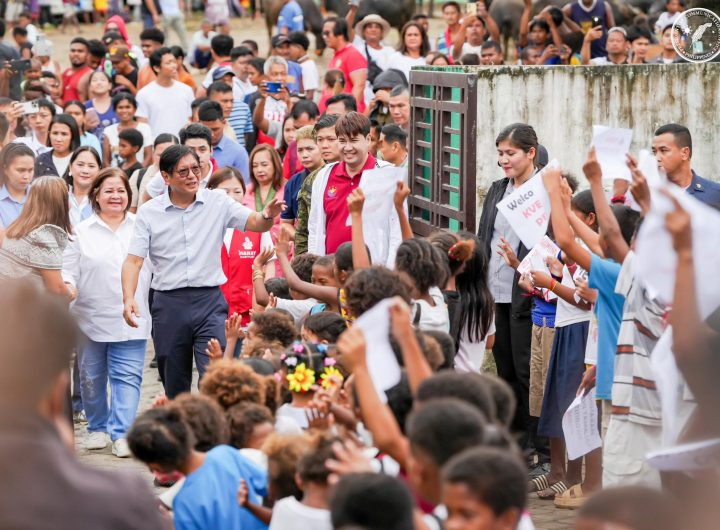 PBBM BRINGS GOV’T AID, PROVIDES INTERNET CONNECTIVITY TO AETAS IN PAMPANGA
PBBM BRINGS GOV’T AID, PROVIDES INTERNET CONNECTIVITY TO AETAS IN PAMPANGA 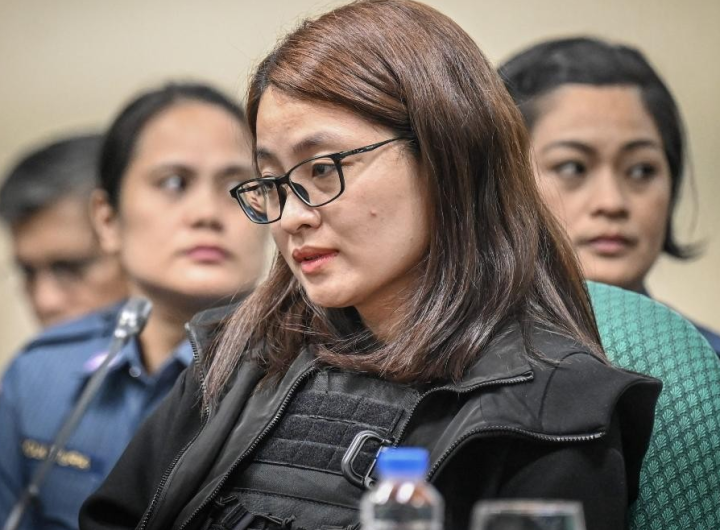 NBI FILES RAPS VS ALICE GUO, FAMILY
NBI FILES RAPS VS ALICE GUO, FAMILY 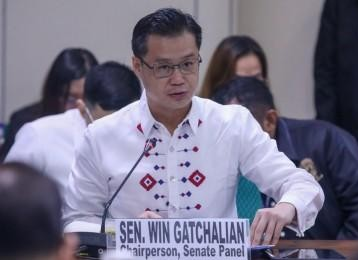 168,000 STUDENTS DENIED ADMISSION TO STATE UNIVERSITIES, COLLEGES – GATCHALIAN
168,000 STUDENTS DENIED ADMISSION TO STATE UNIVERSITIES, COLLEGES – GATCHALIAN 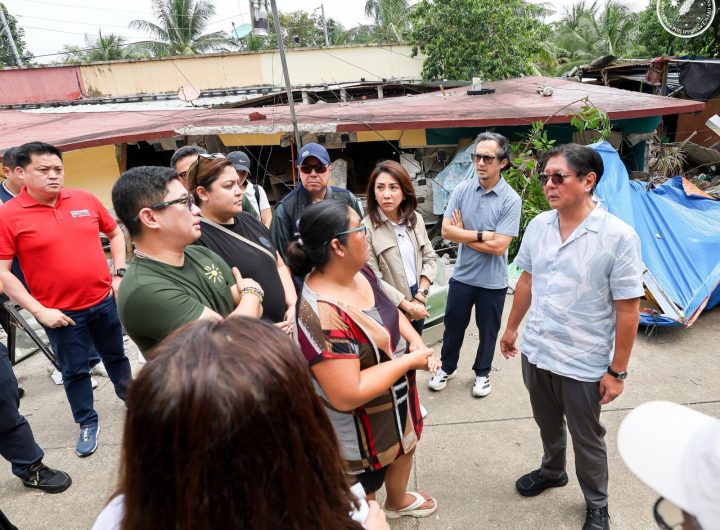 PBBM VISITS CEBU GROUND ZERO, OVERSEES IMMEDIATE RELIEF FOR QUAKE VICTIMS
PBBM VISITS CEBU GROUND ZERO, OVERSEES IMMEDIATE RELIEF FOR QUAKE VICTIMS 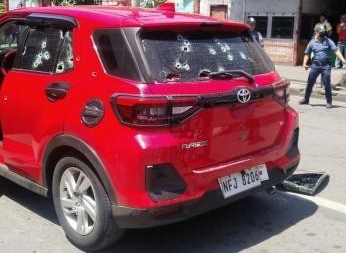 SK CHAIR SLAIN IN COTABATO CITY AMBUSH; BROTHER, COP HURT
SK CHAIR SLAIN IN COTABATO CITY AMBUSH; BROTHER, COP HURT  COPS RESCUE 62-YEAR-OLD WOMAN, CHILD HELD HOSTAGE IN PALAWAN
COPS RESCUE 62-YEAR-OLD WOMAN, CHILD HELD HOSTAGE IN PALAWAN